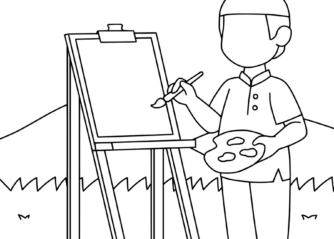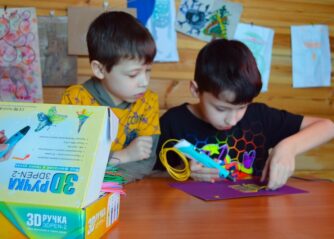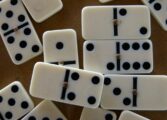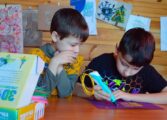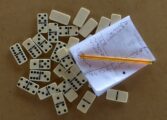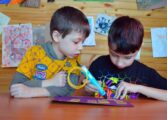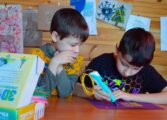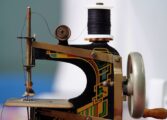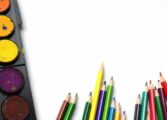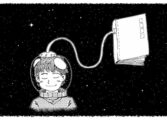FINDING BOOKS: A Comprehensive Guide to Discovering and Exploring the World of Literature
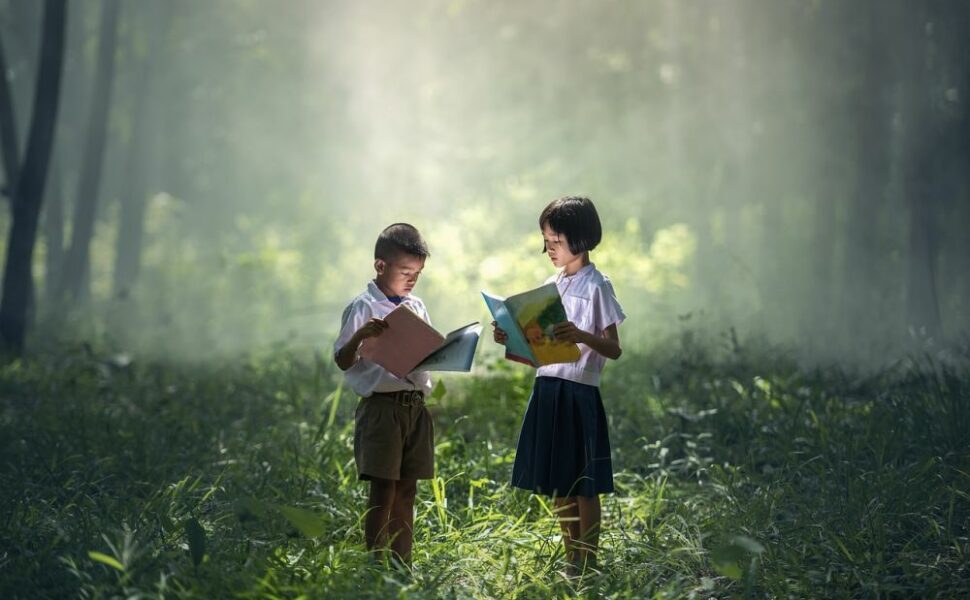
Introduction
Books have been an integral part of human history, shaping our knowledge, imagination, and understanding of the world. Whether you’re an avid book lover or someone who occasionally dips into the realm of literature, the act of finding books is an experience that can bring joy and excitement. In this article, we will delve into the art of finding books, discussing the essential aspects and providing valuable insights for those interested in exploring this topic.
I. Understanding the Significance of Finding Books

1. Importance of Finding Books:
– Books serve as a gateway to knowledge and enrichment.
– Reading allows individuals to broaden their perspectives, enhance critical thinking, and cultivate empathy.
– Finding the right books can cater to personal interests, hobbies, and DIY projects.
– Books offer an avenue for escapism, entertainment, and relaxation.
2. Factors to Consider When Finding Books:
– Determine the genre or subject matter of interest.
– Identify the level of difficulty (beginner, intermediate, advanced).
– Consider the preferred format (print, e-book, audiobook).
– Evaluate the reliability of sources and recommendations.
II. The Evolution of Finding Books
Books have been around for centuries, and the methods of finding books have evolved alongside technological advancements. Let’s take a historical journey through time and explore the various stages of finding books.
1. Ancient and Medieval Era:
– Scroll libraries in ancient civilizations allowed limited access to texts.
– Handwritten manuscripts were painstakingly produced and accessible to only a privileged few.
– Libraries in monasteries preserved and disseminated knowledge during the medieval period.
2. Renaissance and Printing Press:
– The invention of the printing press by Johannes Gutenberg revolutionized the dissemination of literature.
– Catalogs and indexes facilitated the organization and retrieval of books.
– Libraries became more prevalent in universities and cities, enabling wider access to literature.
3. Modern Era and Digitization:
– The advent of bookstores expanded access to books for the general public.
– Libraries embraced technology, using computer systems for cataloging and organizing collections.
– The internet and online platforms revolutionized the way we find and access books.
– E-commerce platforms and digital libraries made books available with a click of a button.
III. Techniques for Finding Books
Navigating the vast sea of literature can be overwhelming. To help you discover the perfect book, here are some effective techniques:
1. Bookstores and Libraries:
– Explore local independent bookshops and libraries.
– Engage with knowledgeable staff who can provide recommendations.
2. Online Platforms:
– Utilize online marketplaces, such as Amazon or Book Depository.
– Leverage book recommendation engines like Goodreads and LibraryThing.
– Join virtual book clubs and online communities focused on literature.
3. Social Media and Book Blogs:
– Follow literary influencers and book bloggers on platforms like Instagram and YouTube.
– Participate in blogging communities, book tags, and discussions.
– Engage with authors and publishers on social media.
4. Book Fairs and Literary Events:
– Attend book fairs, literary festivals, and author signings.
– Discover new releases and interact with authors and fellow book enthusiasts.
5. Word-of-Mouth Recommendations:
– Seek recommendations from friends, colleagues, and family members.
– Join or start book clubs to foster a community of book lovers.
Conclusion
Finding books is an art that requires exploration, research, and a willingness to embark on an ever-evolving journey. By understanding the significance of finding books and familiarizing yourself with the various techniques available, you can open yourself up to a world of literary treasures. Remember, the joy of finding the perfect book lies in the anticipation, anticipation, and the infinite possibilities that lie within its pages. Happy reading!
Sources:
– Brown, P. (2010). The Rise of Western Christendom: Triumph and Diversity, A.D. 200-1000. John Wiley & Sons.
– Darnton, R. (2011). The Case for Books: Past, Present, and Future. PublicAffairs.
– Hartman, C. (2019). Slow Reader: A Resource for Design Thinking in Literary Studies. University of Chicago Press.

